Collection
Date
Location
Type
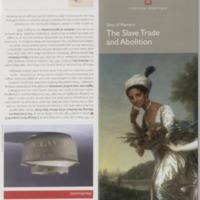
Sites of Memory: The Slave Trade and Abolition
The Sites of Memory project was the first research by English Heritage (now Historic England) to provide an overview for the public of the buildings, memorials and grave sites across England that reflects the role of the slave trade in British history, and resistance to it. The project explored the…
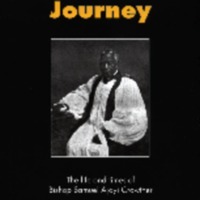
Crowther's Journey: The life and times of Bishop Samuel Ajayi Crowther
Southwark Pensioners Centre Black History Group led a project to explore the life of Bishop Samuel Ajayi Crowther. Born in Yorubaland, Nigeria, kidnapped and sold into slavery, Crowther became the Anglican church's first African-born bishop and an influential missionary in West Africa. The…
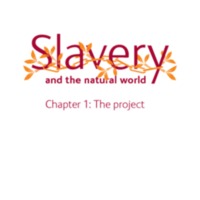
Slavery and the Natural World
In consultation with local community groups, in 2007 the Natural History Museum commissioned new research into its collections that link slavery and the natural world. The research uncovered experiences of enslaved people and the use of plants in their everyday life, as food, medicines and poisons.…
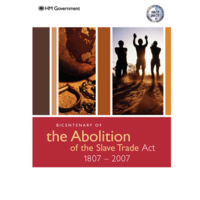
Bicentenary of the Abolition of the Slave Trade Act 1807-2007
The official publication from the British Government in response to the bicentenary included a message from Prime Minister Tony Blair. It set out the history of transatlantic slavery and resistance to it, and featured a calendar of upcoming events for 2007 relating to slavery and abolition. The…
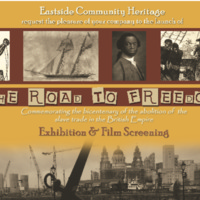
The Road to Freedom
Eastside Community Heritage worked with young people from West Ham and Stratford to explore the significance of the bicentenary within the context of their own history in London and in British history more widely. The Road to Freedom project was devised by the young people themselves, who gathered…
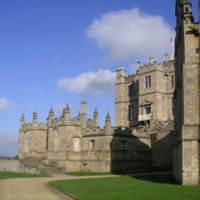
Slavery and the British Country House
In 2007 English Heritage (now Historic England) commissioned research into the linkages between properties in its care and transatlantic slavery, to coincide with events to commemorate the bicentenary. A report produced by historian Miranda Kaufmann identified 26 properties with some level of…